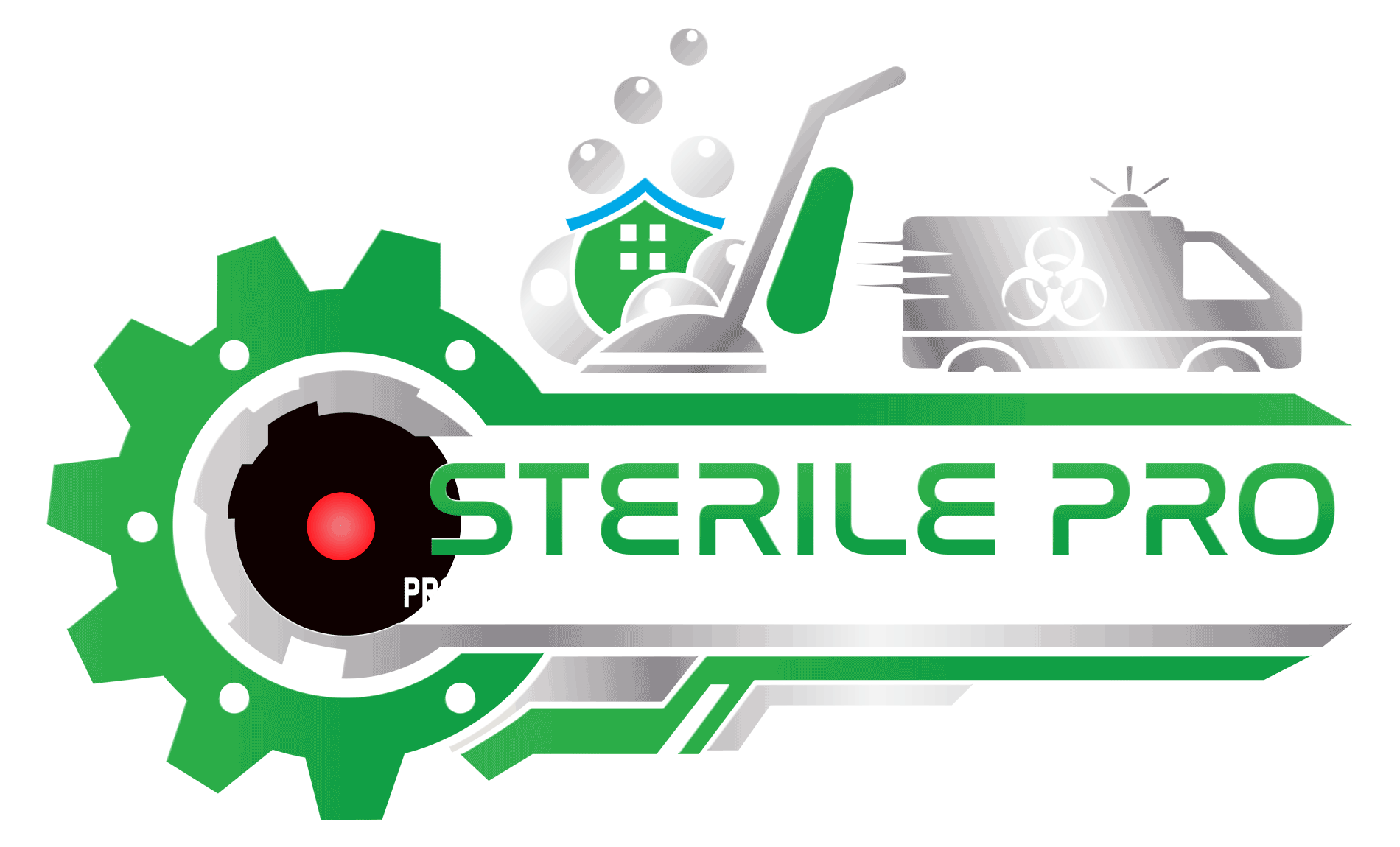Understanding the Market Trends in the Sanitation Franchise Business

In today’s rapidly evolving business landscape, the sanitation franchise industry stands out as a resilient and essential sector. As society places increasing emphasis on hygiene and cleanliness, the demand for professional sanitation services has grown significantly. This trend is not merely a response to recent global events but reflects a broader cultural shift towards prioritizing health and safety in both commercial and residential settings.
The sanitation franchise business model has proven particularly adept at meeting these heightened expectations. By offering standardized, reliable cleaning and disinfection services, franchises can capitalize on economies of scale while maintaining high-quality standards. This combination of consistency and efficiency has made sanitation franchises attractive to entrepreneurs seeking stable investment opportunities in a recession-resistant market.
Key market trends highlight several factors driving the growth of sanitation franchises. Firstly, heightened awareness of infectious diseases has underscored the importance of regular, thorough sanitation practices across industries. From healthcare facilities to office spaces and public venues, there is a universal need for professional sanitation solutions that ensure safety and compliance with health regulations.
Secondly, technological advancements have transformed the sanitation industry, enabling franchises to adopt innovative cleaning techniques and eco-friendly products. This not only enhances service efficacy but also appeals to environmentally conscious consumers and businesses.
Moreover, the rise of franchise networks has facilitated rapid scalability and market penetration for sanitation businesses. Franchisors provide comprehensive training, operational support, and brand recognition, empowering franchisees to succeed in competitive local markets.
Understanding these market dynamics is crucial for aspiring entrepreneurs and investors looking to enter the sanitation franchise sector. By aligning with current trends and leveraging industry innovations, franchisees can position themselves at the forefront of a burgeoning market, poised for sustained growth and profitability.
The Evolution of Sanitation Franchise Business Models
The concept of franchising in the sanitation industry has evolved significantly over the years, adapting to changing consumer expectations and regulatory requirements. Initially focused on basic cleaning services, modern sanitation franchises now offer a comprehensive range of specialized solutions tailored to diverse sectors. This evolution has been driven by the need for targeted cleaning protocols in healthcare, hospitality, education, and beyond. By aligning with industry-specific standards and investing in specialized training, sanitation franchises have expanded their market reach and solidified their role as indispensable partners in maintaining health and hygiene standards.
Market Demand and Consumer Behavior Trends
The increasing demand for sanitation services is intricately tied to shifting consumer behaviors and societal norms. Consumers, both individual and corporate, now prioritize cleanliness as a non-negotiable aspect of their environments. This shift has been accelerated by high-profile health crises and reinforced by ongoing public awareness campaigns. Consequently, sanitation franchise businesses have experienced heightened demand across residential, commercial, and institutional sectors. From routine cleaning to specialized disinfection services, franchise operators are leveraging this trend to offer comprehensive solutions that meet stringent hygiene standards and exceed customer expectations.
Technology Integration: Innovations Driving Efficiency
Technological advancements play a pivotal role in shaping the landscape of the sanitation franchise business. Innovations such as automated cleaning systems, electrostatic sprayers, and IoT-enabled monitoring tools have revolutionized service delivery. These technologies not only enhance cleaning efficacy and efficiency but also provide real-time data analytics to optimize resource allocation and improve service outcomes. Franchises that embrace these innovations gain a competitive edge by offering superior service quality, faster response times, and environmentally sustainable practices. Moreover, technology integration enhances operational transparency and accountability, crucial factors in building trust and loyalty among clients.
Adapting to Regulatory and Health Standards
Maintaining compliance with evolving regulatory standards is a cornerstone of success for sanitation franchises. Whether mandated by government regulations or industry guidelines, adherence to sanitation protocols is non-negotiable. Franchisors play a crucial role in ensuring that franchisees are well-informed and equipped to meet these standards consistently. This includes providing comprehensive training on sanitation practices, safety protocols, and the proper use of cleaning agents and equipment. By staying ahead of regulatory changes and proactively implementing best practices, sanitation franchises demonstrate their commitment to safety, health, and professionalism.
Franchisee Support and Training Programs
The success of a sanitation franchise business hinges on the strength of its franchisee network. Recognizing this, franchisors invest heavily in robust support and training programs designed to empower franchisees for success. From initial onboarding to ongoing operational support, franchisees receive comprehensive guidance in business management, customer service, and technical skills. This support structure not only fosters consistency in service delivery but also promotes franchisee satisfaction and retention. Additionally, training programs often incorporate certification courses and continuous education modules to keep franchisees abreast of industry trends, new technologies, and emerging best practices.
Economic Resilience and Growth Opportunities
The sanitation franchise business has demonstrated remarkable resilience in the face of economic uncertainty. Unlike many industries vulnerable to economic downturns, sanitation services remain essential regardless of market conditions. This inherent resilience attracts entrepreneurs seeking recession-resistant investment opportunities with stable revenue streams. Moreover, the scalability of franchise models allows for rapid market expansion and geographic diversification. Franchisees can capitalize on local market opportunities while benefiting from the established brand reputation and operational support provided by the franchisor. This combination of stability, scalability, and growth potential positions sanitation franchises as attractive propositions in today’s competitive business landscape.
Sustainability Initiatives and Corporate Social Responsibility
In recent years, sustainability has emerged as a defining principle for businesses across industries, including sanitation franchises. Consumers and stakeholders increasingly expect businesses to operate with environmental responsibility and ethical integrity. In response, many sanitation franchises have adopted sustainable practices, such as using eco-friendly cleaning products, implementing energy-efficient technologies, and reducing waste generation. These initiatives not only align with global sustainability goals but also enhance brand reputation and appeal to environmentally conscious consumers. Moreover, incorporating corporate social responsibility (CSR) initiatives, such as community outreach programs and philanthropic partnerships, further strengthens the franchise’s reputation and fosters positive relationships within the communities they serve.
Future Trends and Outlook
Looking ahead, the future of the sanitation franchise business appears promising, driven by ongoing technological advancements, evolving consumer expectations, and regulatory developments. As sanitation continues to be prioritized across sectors, franchise businesses are poised to play an increasingly vital role in safeguarding public health and enhancing quality of life. By embracing innovation, maintaining high standards of service excellence, and adapting to emerging trends, sanitation franchises can sustain their growth trajectory and capitalize on new opportunities in an ever-expanding market landscape.
Conclusion
The sanitation franchise business stands at the intersection of necessity and innovation, catering to fundamental human needs while embracing technological advancements and sustainability initiatives. As demand for professional sanitation services continues to rise across diverse sectors, franchise operators have a unique opportunity to drive growth, promote health and safety, and contribute to community well-being. By staying abreast of market trends, leveraging technological innovations, and prioritizing regulatory compliance and sustainability, sanitation franchises can position themselves as leaders in a resilient and essential industry.
“For more information please click on this link“



